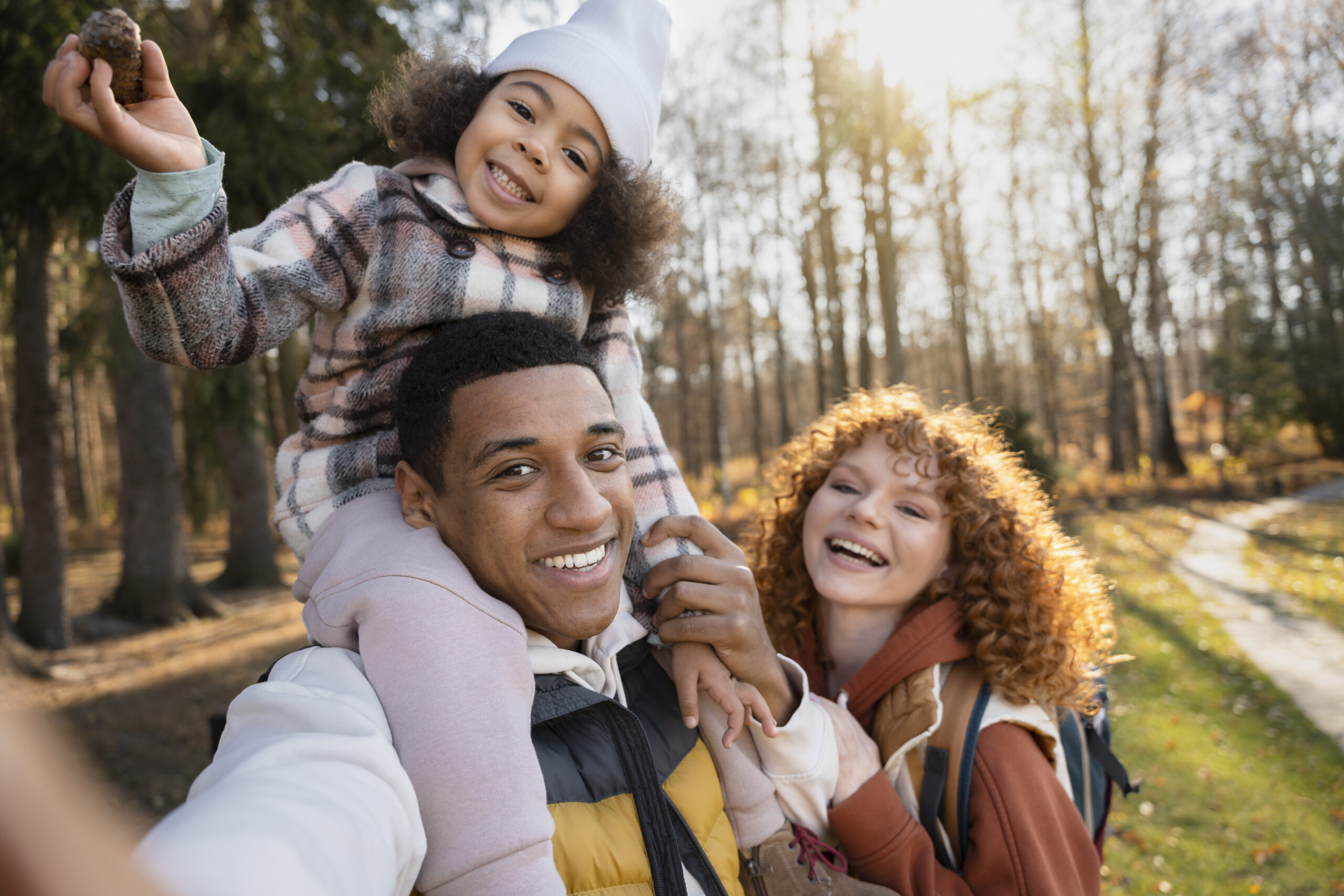How the Playfulness Was Drained Out of Me (And How I'm Taking It Back)
Playfulness is such an important skill! I knew that when I was younger. I was always the camp counselor playing soccer or playing cards with a group of kids. As a young therapist in training, I loved using play and games as a way of building rapport and supporting emotional expression. But somewhere along the way, I got more serious, more “results” focused, and less playful. And I’m wondering if any of you feel the same?
Playful beginnings
Children innately know and understand how to play in a way that feels good to them. They are curious about their world, and learning and exploration are joyful. At some point, this can change.
Maybe we notice that when we try to play with the adults around us, they don’t respond well. If we are the adult that is struggling to play, this probably means that play wasn’t modeled very well for us. That’s okay – it’s a skill we can learn!
Maybe we notice that we get more attention from performance, productivity, and results, and less for exploration or “hobbies” (i.e., play). Children are sensitive to adult approval and seeking adult approval can alter their behavior. In this way, it is important that we pay close attention to what it is that we respond positively to in our kids. Looking back, I can see that I received praise from producing and achieving, which has contributed to this inner pressure I feel to “do something.”
The bottom line – parents, teachers, and really everyone, need more permission to be playful. Please, give yourself permission to be playful! Research has supported play as an essential vehicle for growth and development for our kids. And, recent research is suggesting that play also has benefits for adults, including enhanced happiness and overall mental well-being, increased antibodies resulting in more immunity, and even greater productivity.
Play in the body and the brain
Play is not just something we are doing, but also something we are feeling in our bodies. Play impacts our nervous system by creating a sense of safety and energy. This combination of safety and energy makes it easier for us to learn and explore.
Are you in?
If you’re searching for ways to bring playfulness back, consider these ideas:
- Play for 5 minutes a day with you child – NO PHONES, no agenda, no directing, no multi-tasking; just follow their lead and mirror what they are doing;
- Find ways to infuse humor; even some of our toddlers can understand and appreciate the role of sarcasm or dramatic effect;
- Observe someone who does this better (maybe your partner) and “try on” any behaviors that might feel good for you;
- Sing karaoke or have dance parties with your kids;
- See if you can smile and laugh more throughout the day;
- Create something (art, a meal, a craft, a homemade card);
- Try a family talent show, where everyone goes up on the “stage” and does something silly; make sure there is lots of applause and enthusiasm;
- Turn life tasks into games (e.g., who can pick up the most sticks in the backyard?);
- Dress up and fantasy play;
- Take an object and make up a non-obvious use for it, and see where that takes you and your child;
- Use humor as a first line of defense against more challenging behaviors (e.g., whining or not listening);
Play IS doing something. In fact, it is doing something BIG for our kids’ development.

